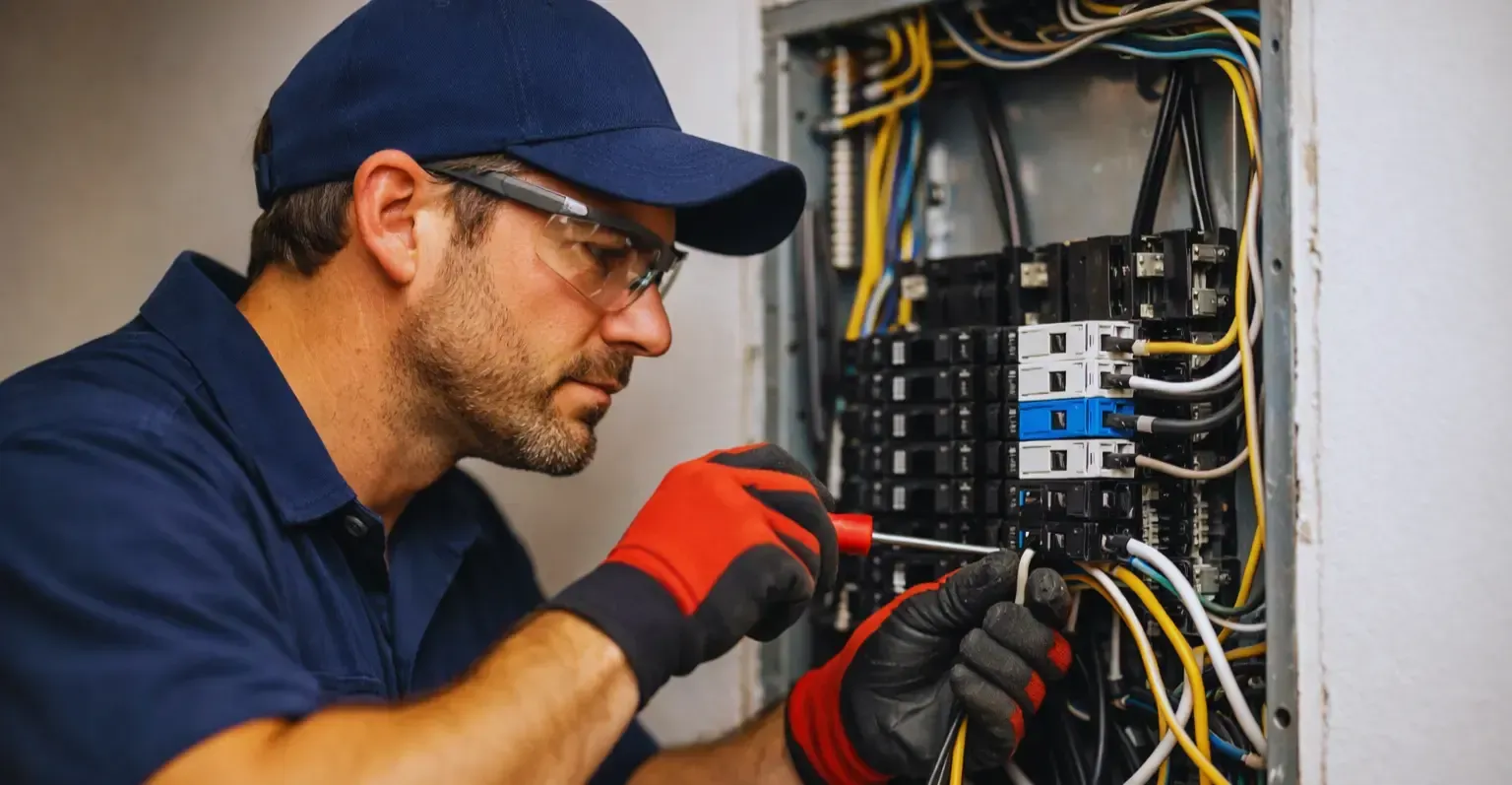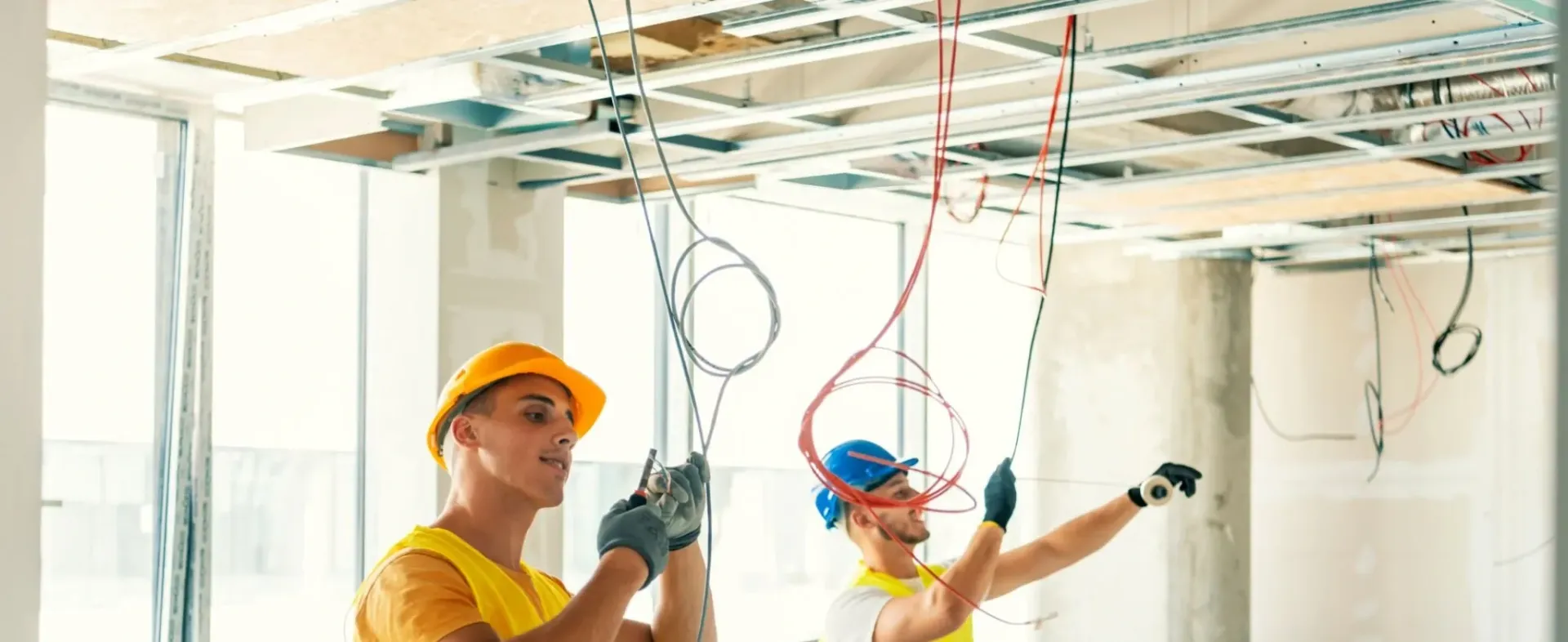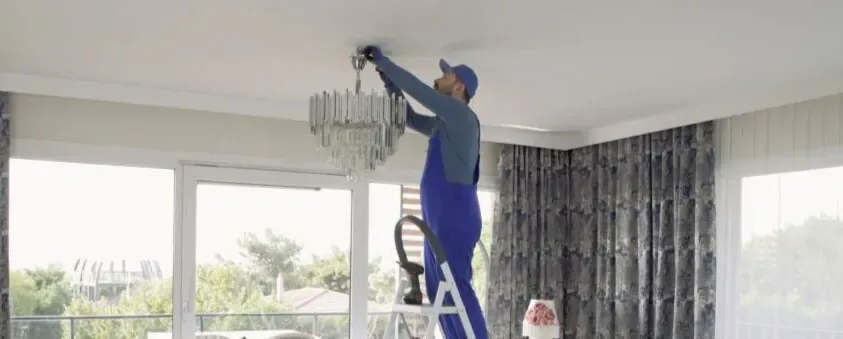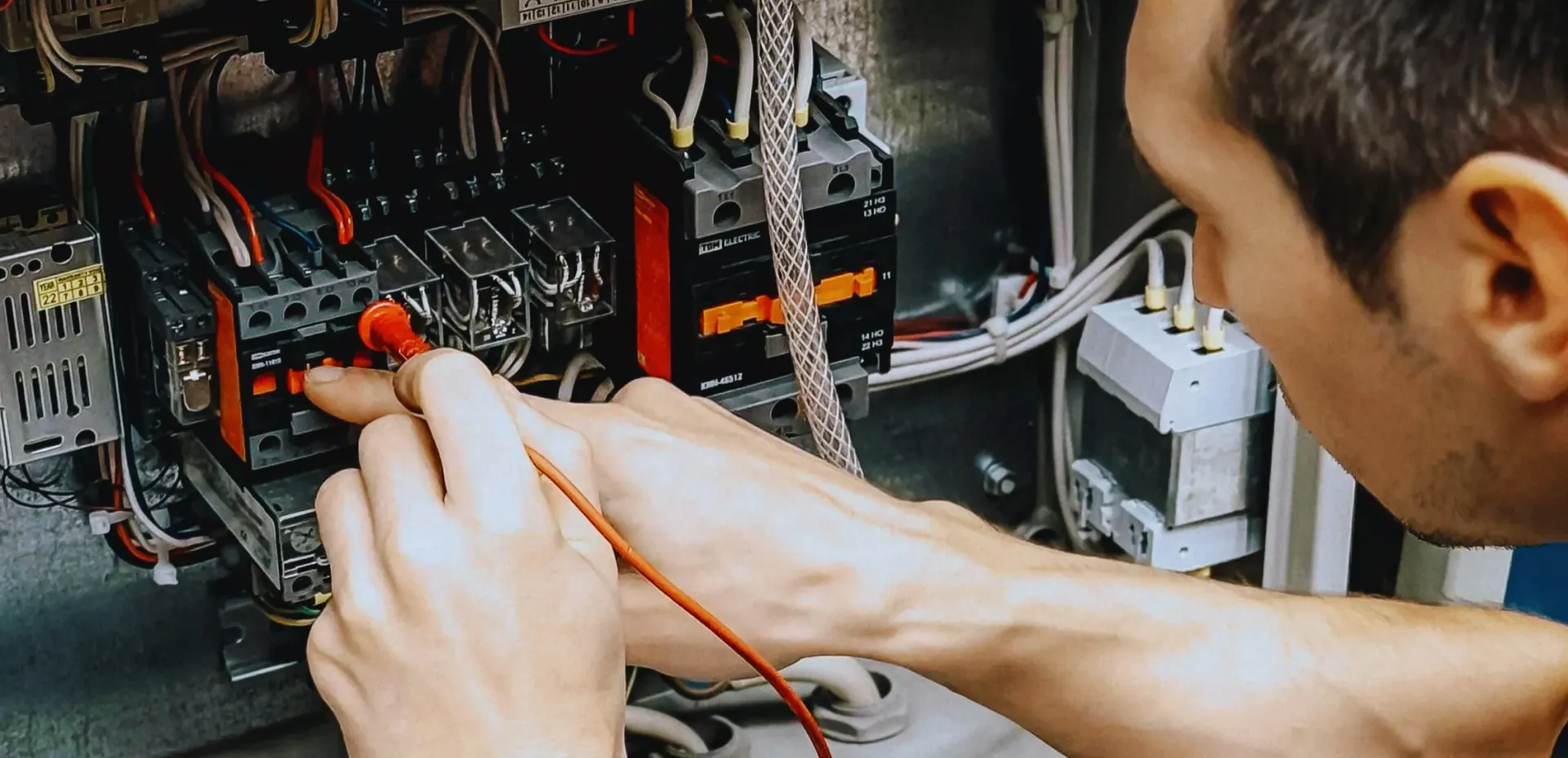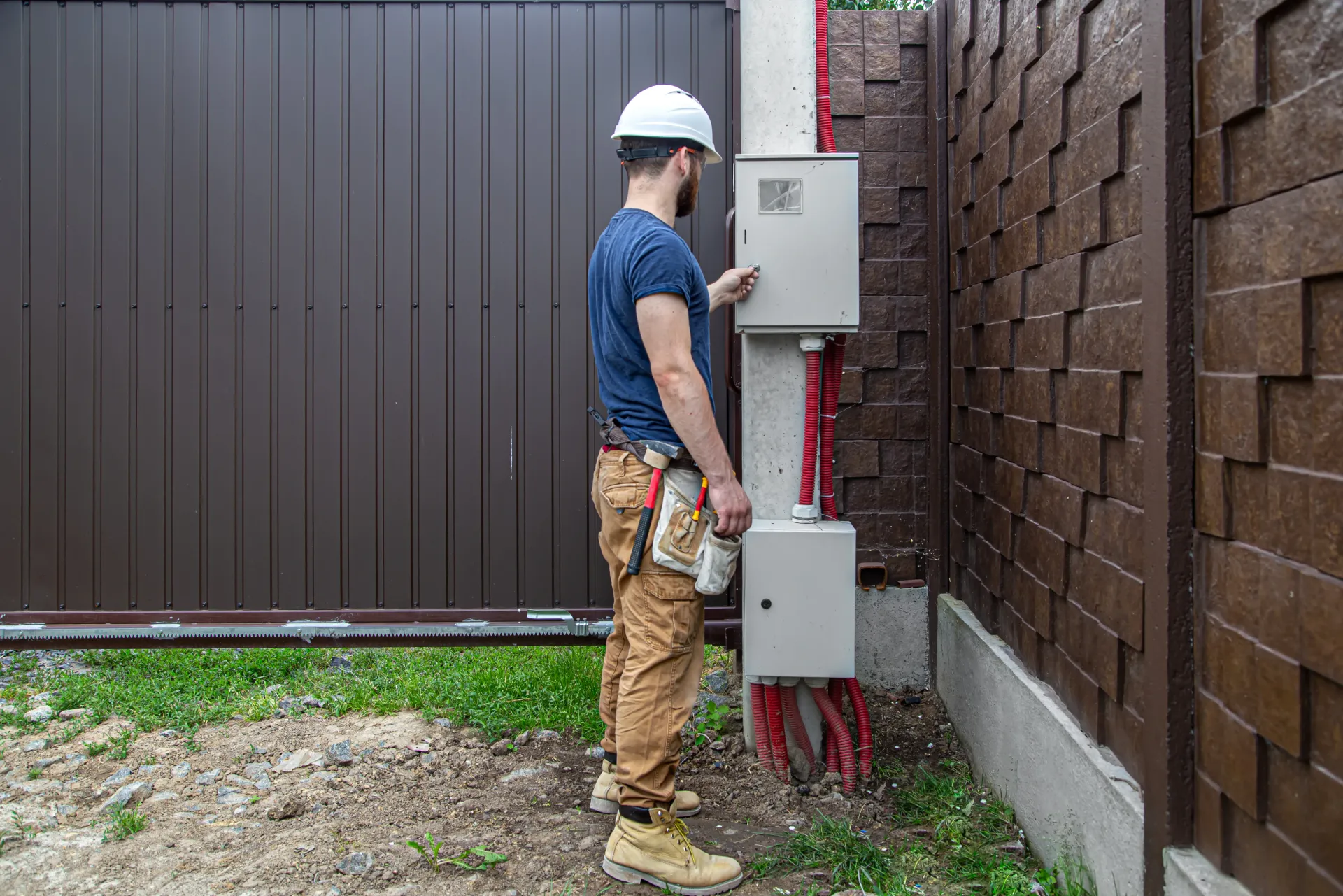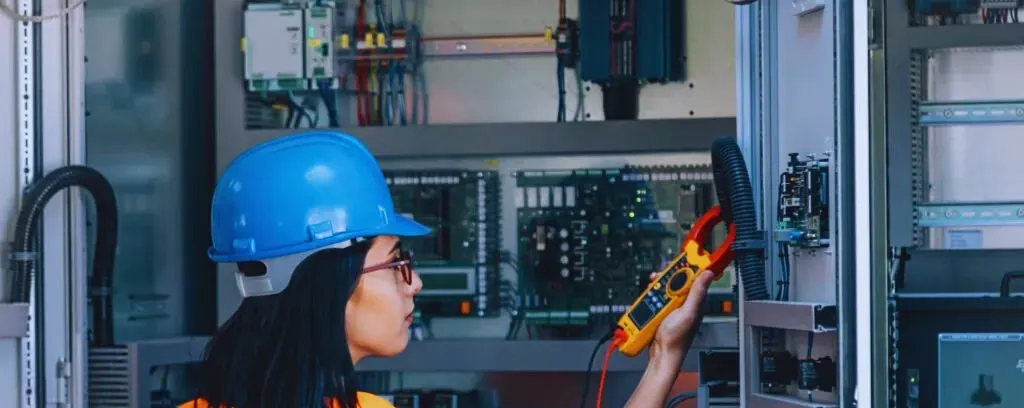How to Safely Handle an Electrical Emergency at Home
When an electrical emergency strikes, every second counts. Whether it’s a sparking outlet, a buzzing breaker panel, or the sudden smell of burning plastic, knowing how to safely handle an electrical emergency at home can mean the difference between a minor scare and a devastating accident. From protecting your family to preventing property damage, let’s explore how you can respond smartly, swiftly, and safely.
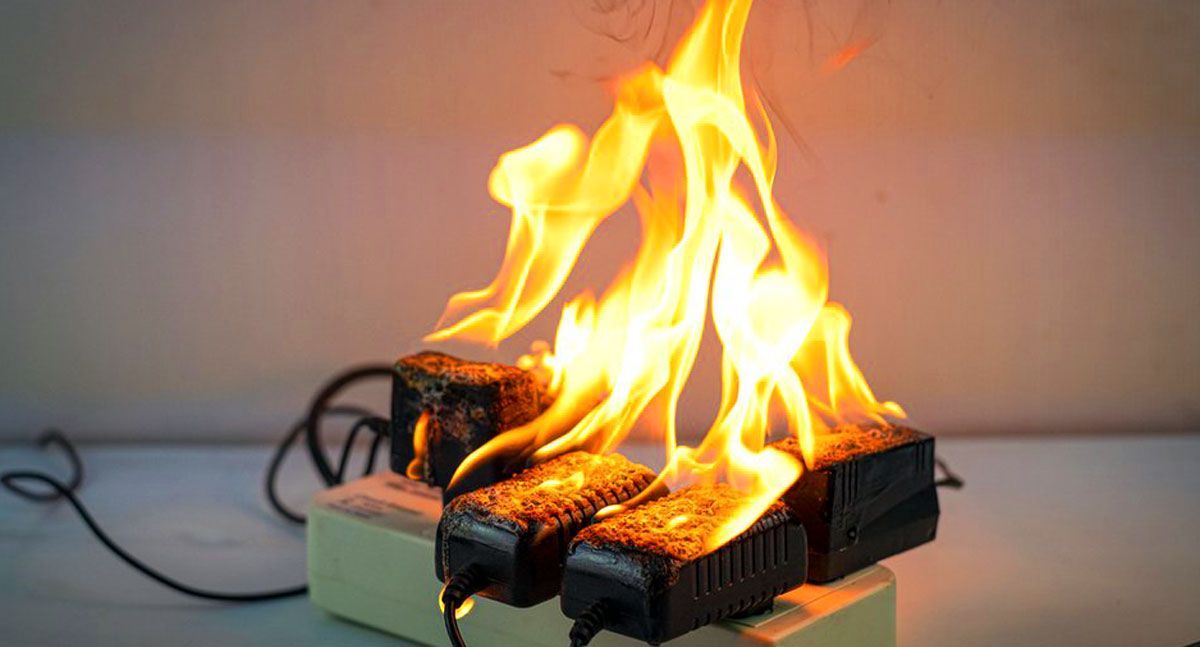
What Is an Electrical Emergency?
An electrical emergency is any sudden, unexpected situation involving electricity that poses a threat to your safety, your home, or your life. This includes sparking wires, burning smells, flickering lights that won’t stop, or even total power outages—especially when appliances start acting up unpredictably.
Think of it this way: if your gut tells you something’s wrong with your electricity, you’re probably right.
Common Causes of Electrical Emergencies
A well-maintained home shouldn’t experience frequent electrical faults. However, several underlying problems can still trigger issues:
- Overloaded circuits
- Damaged or exposed wiring
- Faulty appliances
- Weather-related issues (lightning, floods)
- Poor DIY repairs
- Rodent damage to wiring
These problems can slowly build up or hit you out of nowhere.
Warning Signs Before an Electrical Emergency
Be alert for subtle clues like:
- Lights dimming when appliances turn on
- Buzzing or crackling from outlets
- Burning smells (like melting plastic)
- Breakers that trip repeatedly
- Warm wall plates or cords
- Sudden power surges
If you catch these signs early, you can prevent a disaster before it ignites.
Why Electrical Emergencies Are Dangerous
It’s not just about flickering lights. Electrical emergencies can cause:
- Electrocution
- Home fires
- Appliance destruction
- Data loss
- Structural damage
And tragically, some emergencies can be fatal. That’s why proactive awareness is critical.
Importance of Staying Calm During an Emergency
When panic sets in, people make poor choices. For instance, they might throw water on an electrical fire or touch a live wire trying to “fix” it. Breathe. Focus. Your calm reaction can guide others and give you the presence of mind to avoid life-threatening errors.
Immediate Steps to Take During an Electrical Emergency
Here’s what to do immediately:
- Turn off the main power only if it’s safe to approach
- Call an emergency electrician
- Evacuate if fire or smoke is present
- Use a Class C extinguisher, not water
- Do not attempt any repairs yourself
For local professional assistance, reach out to a reliable Electrical Service.
When to Shut Off the Main Power Supply
If you spot arcing wires, smoke, or smell burning, and it’s safe to access your breaker panel, turn it off. This isolates the danger. But if the panel itself is sparking or humming, step back and call professionals.
The Role of a Home Circuit Breaker Panel
This is your home’s electrical command center. Understanding how to read and operate it safely (labels matter!) is a must for every homeowner. Each switch controls a different part of your house. Learn it before an emergency.
How to Use a Non-Contact Voltage Tester
A non-contact voltage tester is your best friend when diagnosing live wires. Simply bring it close to outlets or wires, and it alerts you if electricity is present—without any direct contact. It’s inexpensive, easy to use, and a major safety boost.
Electrical Fires: What You Should Never Do
Do not use water on an electrical fire. Water conducts electricity, turning a small blaze into a potential electrocution hazard. Also, don’t smother it with anything flammable like towels or blankets.
Correct Fire Extinguisher for Electrical Fires
Always use a Class C fire extinguisher. These are designed to tackle fires involving live electrical equipment. Keep one near your breaker panel and kitchen—two high-risk zones.
Evacuation Plan During an Electrical Emergency
If smoke fills the room or the fire spreads, get out. Create an evacuation map and ensure all family members know exit routes, meeting points, and emergency numbers. Keep phones charged and easily accessible.
Communicating the Emergency to Family Members
If an emergency occurs at night, you need a quick way to alert your household. Use loud, clear voices, flashlights, or even a whistle if necessary. Assign someone the role of checking on pets or elders.
Calling for Professional Help
The moment things feel out of control—don’t delay. Contact a certified emergency electrician or call 911 for fire-related threats. Here’s a direct line to a trusted Contact for urgent electrical issues.
What to Expect from Emergency Electrical Services
They will assess the issue, isolate the threat, and begin immediate repairs or recommendations. Expect temporary shut-offs, safety inspections, and detailed reports. Professionals follow safety codes to the letter—no guesswork involved.
How to Prevent Future Electrical Emergencies
Here’s a proactive checklist:
- Schedule yearly inspections
- Avoid overloading outlets
- Use surge protectors
- Replace frayed cords
- Install smart detectors
- Upgrade outdated panels
A little maintenance today can save your home tomorrow.
Importance of Regular Electrical Inspections
Annual inspections by certified electricians help uncover hidden dangers. Whether it's outdated aluminum wiring or overloaded circuits, early detection is always cheaper than emergency repairs.
Signs Your Home Needs Rewiring
Do your lights flicker often? Do outlets feel hot? Do fuses blow frequently? These are screaming signs that your wiring system needs an update—especially in homes over 30 years old.
The Value of Surge Protectors
A surge protector shields electronics from power spikes. Ideal for computers, TVs, and even fridges, they cost little but prevent hundreds (or thousands) in potential damage.
Childproofing Electrical Systems at Home
Install outlet covers, avoid extension cords in reach, and teach children about the dangers of electricity. Education and prevention go hand-in-hand.
Pet-Proofing Your Electrical Setup
Secure cords, use cord organizers, and block access to outlets in pet-friendly zones. Pets love to chew—and one bite too many can turn deadly.
Smart Home Devices for Electrical Safety
Today’s smart plugs and breakers offer real-time alerts for overheating or faults. Some even cut power automatically if danger is detected. That’s not just smart—it’s life-saving.
Importance of GFCIs and AFCIs
Ground Fault Circuit Interrupters (GFCIs) protect against shocks in wet areas. Arc Fault Circuit Interrupters (AFCIs) stop electrical arcs that lead to fires. Every modern home should have both.
Homeowner’s Insurance and Electrical Emergencies
Your policy may or may not cover electrical damage. Check the fine print. Flood-related electrical failures often require special riders. Always document damage for claims.
Legal Responsibility as a Landlord or Tenant
Landlords must ensure wiring is safe and up to code. Tenants must report issues promptly. Negligence on either end can void insurance and result in lawsuits.
Training Your Family for Emergency Preparedness
Hold monthly safety drills. Create and post an “emergency actions list” near the breaker. Teach kids basic concepts without fear—knowledge builds confidence.
Building a Home Electrical Emergency Kit
Include:
- Flashlights
- Batteries
- Class C extinguisher
- Non-contact voltage tester
- Phone charger
- Emergency numbers
Keep it in an easily accessible, dry spot.
Knowing Local Electrical Codes and Standards
Ignorance isn’t bliss here. Local codes ensure your wiring is safe, legal, and insurable. Always hire licensed professionals who know your city’s specific rules.
Finding a Certified Electrician Near You
Don’t Google randomly. Look for:
- Licensing
- Insurance
- Emergency availability
- Solid reviews
- Local referrals
Always go local and established, like this reputable Electrical Service.
Why You Should Never DIY Emergency Electrical Repairs
Yes, YouTube is tempting—but deadly in this case. Uncertified repairs can void insurance, create hidden hazards, and even break the law.
Resources for Electrical Emergency Education
Try:
- NFPA (National Fire Protection Association)
- Red Cross emergency guides
- YouTube safety videos from certified electricians
- Local fire department classes
Knowledge is your best defense.
FAQs
What should I do if I see sparks from an outlet?
Immediately turn off the power at the breaker (if safe), then call an electrician.
Is it safe to reset a tripped breaker multiple times?
No. Repeated tripping indicates a deeper issue that needs inspection.
Can I use water to put out an electrical fire?
Absolutely not. Use a Class C extinguisher only.
Should I replace an outlet that’s hot to the touch?
Yes. That’s a serious warning sign of overload or poor wiring.
Are power strips and surge protectors the same?
No. Surge protectors have built-in mechanisms to handle voltage spikes.
How often should I get my home’s wiring inspected?
Every 3–5 years or annually for older homes.
Conclusion
Handling an electrical emergency at home doesn’t require superhero powers—it just requires preparation, calmness, and quick action. From recognizing early signs to knowing when to call professionals, you now have the tools to keep your household safe.
Remember, electricity is a marvel, but when it turns rogue, it demands respect. Always put safety first, and never underestimate the importance of professional help like Electrical Service. Bookmark their Contact page just in case—you’ll never regret being prepared.
Links:
- Electrical Service: https://www.atelectricllc.com/
- Contact: https://www.atelectricllc.com/contact
